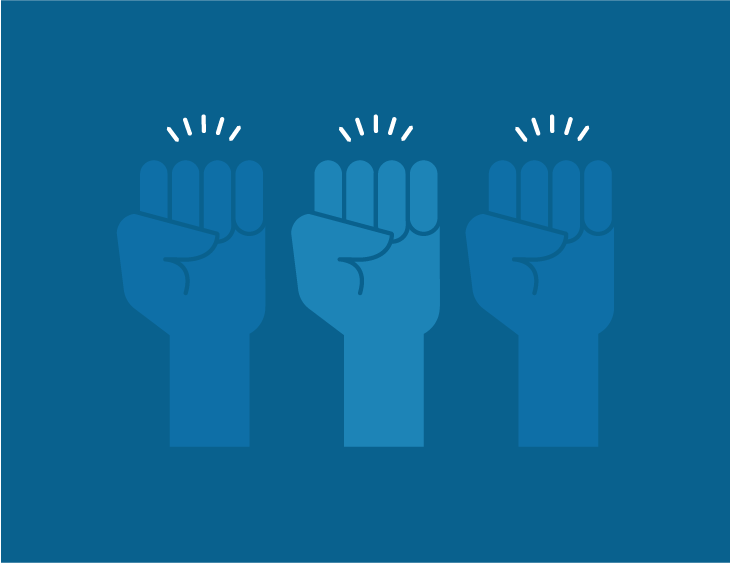
What Does it mean when a Union goes on Strike?
Part 3
When the union finally declares they will be going on strike, and you see a “picket line” in your community. There is great risk to anyone who crosses a picket line. It’s not just a matter of “walking through a crowd”, but making a public statement that you disagree with the validity and necessity of the Local union’s stand. Once you cross, you and any business you represent could also become a target of the strike. You are no longer neutral to the issue.
There will already be an “essential services” agreement in place, that specified key jobs that would still be performed in the case of emergency or essential public services. However, most often I have seen this list overused with many “wanted” positions listed rather than just “essential” jobs. If unions do not properly negotiate this list, it can undermine the effectiveness of a strike. For example, there should be a noticeable disruption to the business productivity or services that causes inconvenience to customers, public and management when workers are on strike. The strike aims to leverage the workers’ contributions to the company.
A “scab” would be a worker who decides not to stick with their co-workers, cross a picket line, and still go to work despite the great risk to their entire Local and future viability of their job and benefits. This greatly undermines the unions efforts and why #solidarity is so important. Even in the case of outside contractors brought in as replacement, that act of crossing a picket line shows you have chosen to side with the employer vs the workers. You may think its just a day’s work, or that you “don’t want to get involved”, but by crossing a picket line you have clearly chosen a side and are now very involved. Consider carefully the long term repercussions of your actions during a strike.
The main point of a strike is to bring public awareness to an injustice that will affect workers in your community, and to gather public support to help ask for the employer to get back to bargaining with a reasonable offer.
A strike does usually stop services or work in a community, but only because the risk of something greater with longer impact that the local union is trying to address. Often, what some workers are fighting for, become rights for many more workers. Happy workers, happy community.
Teresa Acheson, President of the Yukon Federation of Labour
So if and when you see a Local Union going “on strike”, find out what was so important, they are willing to give up their own security, for the sake of others and the community. Don’t cross a picket line, rather stand with those workers, join their call to action to ask for fair and respectful treatment.
https://www.teenvogue.com/story/strikes-and-picket-lines-explained







